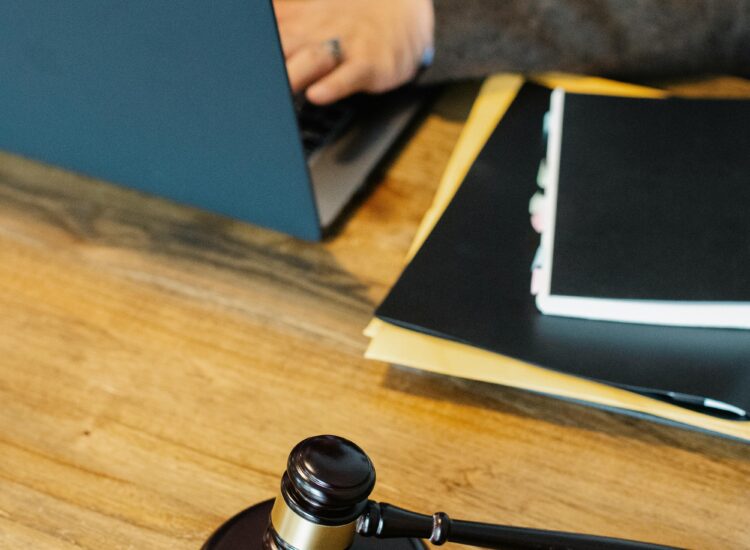One of the most frustrating aspects of any parole hearing – especially for clients and even many lawyers – is that the same protections that apply at trial and before a criminal court simply do not apply in a parole hearing. The Parole Board can and will take in any information it has available. It may or may not immediately believe everything to be true but it will absolutely consider all available information to be fair game. Youth record that wasn’t admissible at trial? The Parole Board will definitely ask about it. Charges withdrawn and never proved at trial? Still part of the same story, and the Parole Board will see it that way. Possible associations with organized crime, even if it’s just a suspicion or a theory? It’s for sure going to come up.
For better and for worse, a parole hearing is a very human process that simply isn’t concerned about strict rules of evidence. Once in a while, that works well in favor of a particular client – someone who is comfortable answering all questions, not concerned about protecting themselves, not worried about what to say and not say. Most of the time, however, clients have gotten used to relying on lawyers, being careful about everything they say, and they imagine every question is a trick of some kind. They try going into a parole hearing, or the process leading to that hearing, saying as little as they can get away with. And it really, really doesn’t work well that way.
Recently, it was pointed out to me that I teach for a living – not just in my part-time gig teaching at U of T but even for parole. Every file, I’m teaching my own clients how to approach their parole proceeding because unavoidably they are going to do most of the talking – required to talk about many things they may not feel comfortable about. Part of the challenge is that there’s very often no “good” answer to many questions. If clients had good reasons for what happened they probably wouldn’t be in jail. But the Parole Board isn’t necessarily expecting good answers either. They just want to see how well the client understands what happened and how to avoid it in the future. They want to gauge levels of responsibility and insight. While there’s no “right” answer there are definitely some wrong ones. Any answer that seeks to avoid even addressing the question, or asserts some right to silence, definitely isn’t going to work. You can, certainly, stay silent. But then you’re not going to get the parole you want.
Preparation for parole often involves simply unlearning lessons that don’t apply to this part of the criminal justice system. Fair or unfair, right or wrong, the Parole Board is going to ask about anything at all they choose to care about. And you need to be ready for that. Ideally by going over those answers with your lawyer in advance, but if not then at least by anticipating the questions and not being blind-sided by them.




